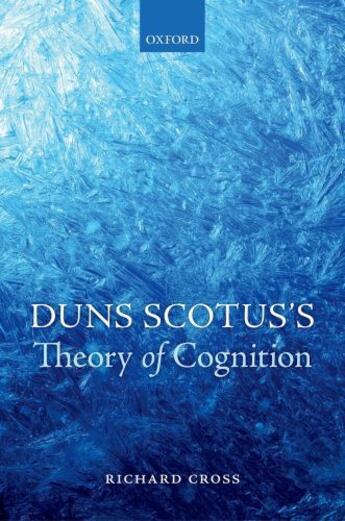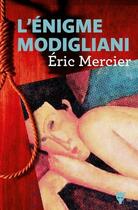-
Nombre de pages : (-)
-
Collection :
(-)
-
Genre :
(-)
-
Thème :
Non attribué
-
Prix littéraire(s) :
(-)
Résumé:
Richard Cross provides the first complete and detailed account of Duns Scotus's theory of cognition, tracing the processes involved in cognition from sensation, through intuition and abstraction, to conceptual thought. He provides an analysis of the ontological status of the various mental items... Voir plus
Richard Cross provides the first complete and detailed account of Duns Scotus's theory of cognition, tracing the processes involved in cognition from sensation, through intuition and abstraction, to conceptual thought. He provides an analysis of the ontological status of the various mental items (acts and dispositions) involved in cognition, and a new account of Scotus on nature of conceptual content. Cross goes on to offer a novel, reductionist, interpretation of Scotus's view of the ontological status of representational content, as well as new accounts of Scotus's opinions on intuitive cognition, intelligible species, and the varieties of consciousness. Scotus was a perceptive but highly critical reader of his intellectual forebears, and this volume places his thought clearly within the context of thirteenth-century reflections on cognitive psychology, influenced as they were by Aristotle, Augustine, and Avicenna. As far as possible, Duns Scotus's Theory of Cognition traces developments in Scotus's thought during the ten or so highly productive years that formed the bulk of his intellectual life.
Donner votre avis















